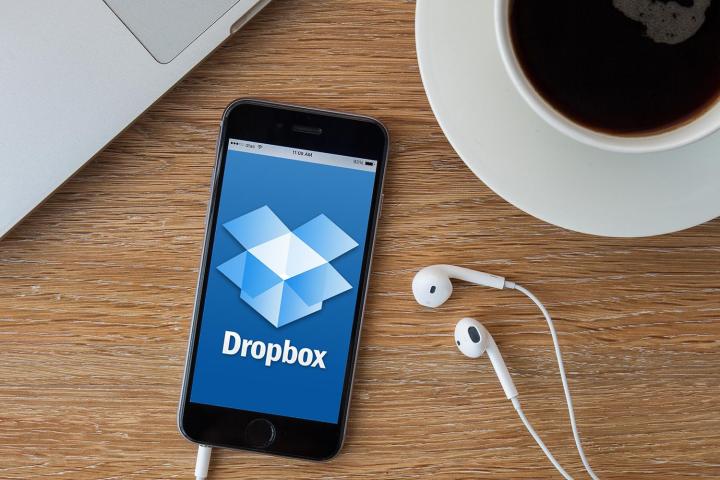
Dropbox knew of the original hack, reports Motherboard, but was not aware of the scale. The site said it obtained a 5GB copy of the compromised data that contained email addresses and hashed passwords of more than 68 million accounts. An unnamed “senior Dropbox employee” verified the authenticity of the data.
At the same time Troy Hunt, the security pro behind haveibeenpwned.com, backed up these claims. He wrote that this database is not a collection of credentials that just happen to work on Dropbox but rather the result of a very real hack.
“There is no doubt whatsoever that the data breach contains legitimate Dropbox passwords, you simply can’t fabricate this sort of thing,” he said, but added that he believed Dropbox were handling the situation very well by force resetting users’ passwords.
Patrick Heim, Dropbox’s head of trust and security, said all potentially affected users have been notified. He stated it was a precautionary measure, but did not specify how many passwords were reset by the company.
It was in a later statement that Dropbox clarified: “We can confirm that based on our intelligence number we have seen is in the 60+ mil range.”
Heim further warned users to change their passwords on other sites if they have reused their Dropbox credentials, and even if they use two-factor verification. The company added that it has seen no evidence of malicious activity on affected accounts.
The passwords that were stolen were hashed to protect them from being revealed to an attacker. However, they were not all hashed equally. Reportedly, 32 million of 68 million passwords were hashed by bcrypt, which is considered quite strong, but the remainder were hashed with SHA-1, which is gradually becoming outdated and easier to crack.
If you’re a Dropbox user that had an account in 2012, you should have received a password reset notification. If not, you may want to change your password anyway to be on the safe side, and certainly change any re-used passwords on other sites.


